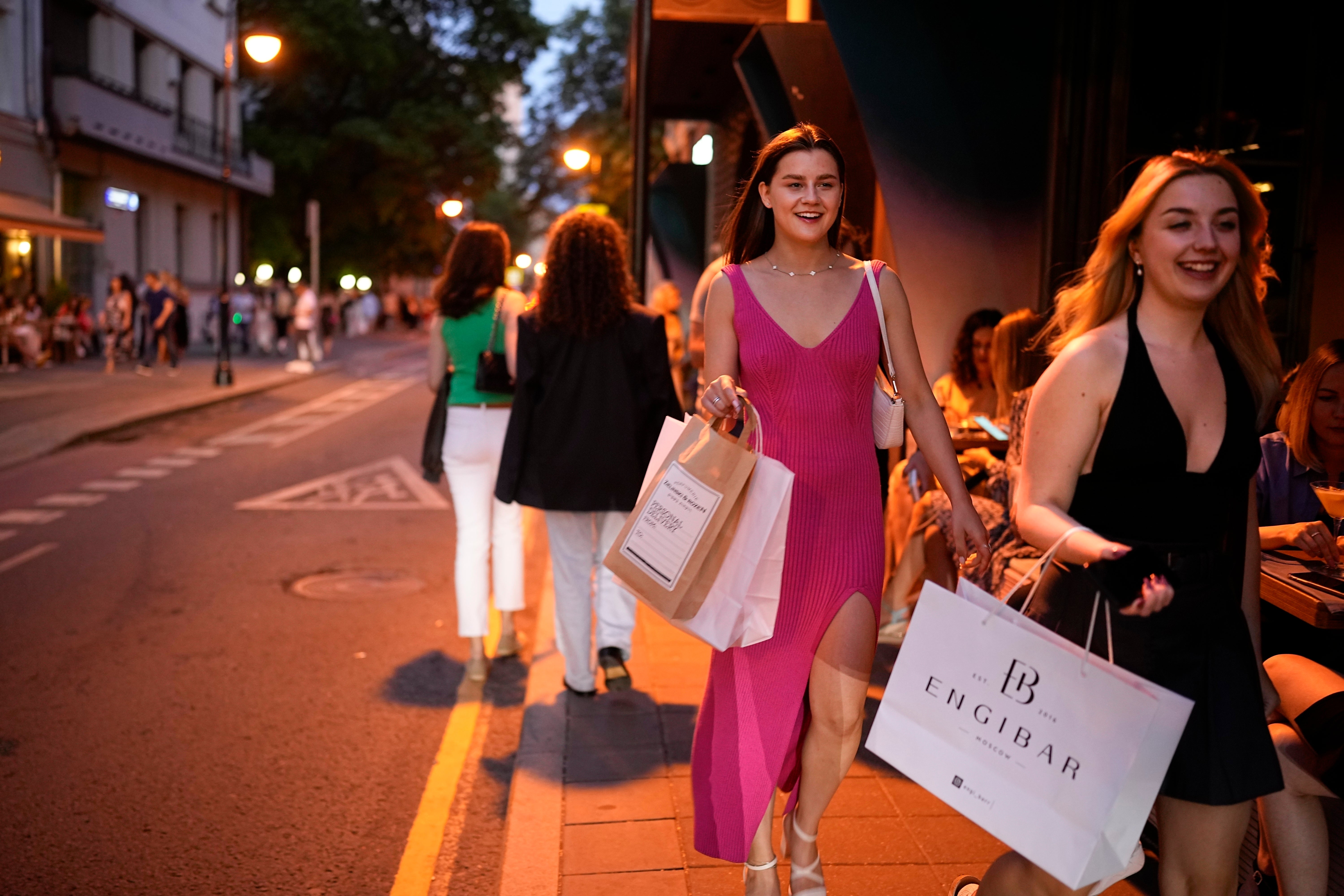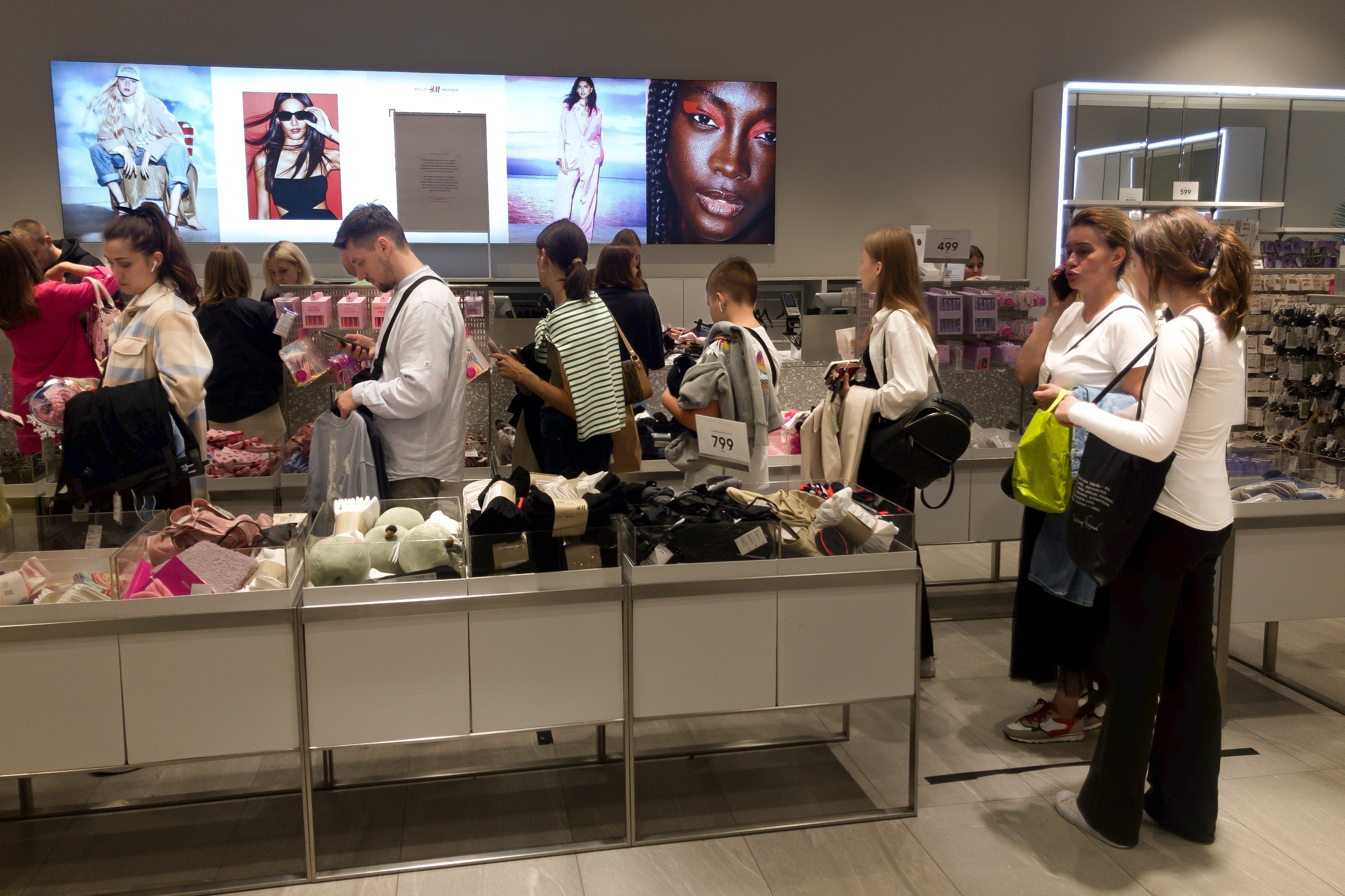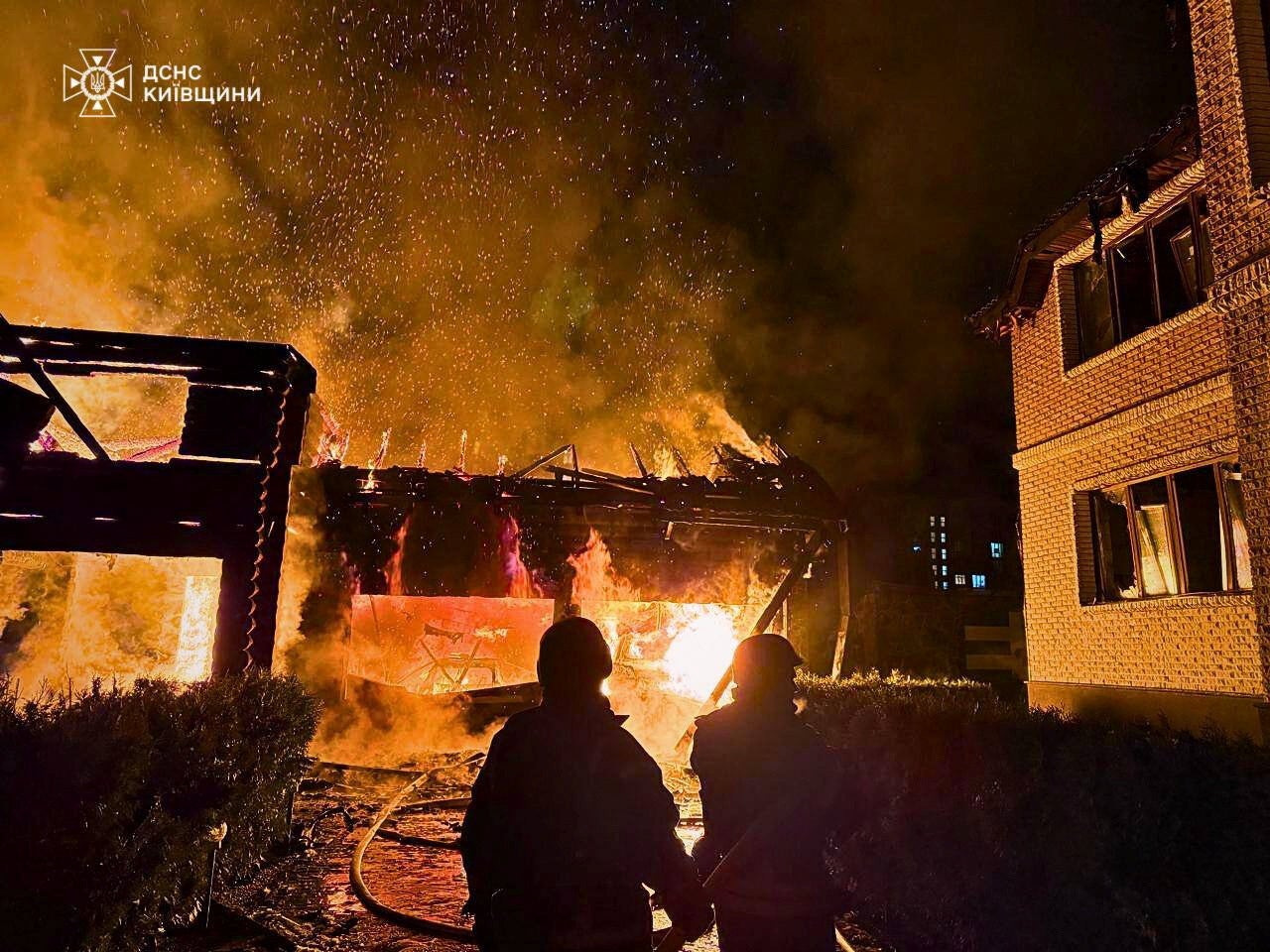As Western brands eye a return to Russia, new challenges are emerging
The landscape has significantly altered since the brands left the country

As the conflict in Ukraine continues, speculation arises that Western brands may soon return to Russia, enticed by Washington's push for a swift resolution. However, these companies may find a significantly altered landscape compared to when they left.
Western sanctions, which complicate cross-border payments and trade, would need to soften for companies to return in large numbers.
Those who do return will encounter markets now dominated by domestic brands, or in the automotive sector, Chinese brands.
Henderson, a men's clothing chain listed on the Moscow Exchange in late 2023, noted that the exit of foreign retailers has provided a boost to its development. This is mainly due to the availability of prime locations within shopping centres.
This advantage has enabled Henderson to expand its sales at three times the rate of the overall menswear market, which has grown by 8 per cent annually. Despite the continued presence of Western brands in certain areas, the competitive dynamics have shifted.
"The market itself has not changed significantly, as the majority of foreign brands (60-80 per cent of global manufacturers, according to our estimates) did not leave," Henderson's press office said in response to Reuters questions.
"(They) just transformed sales channels, using the services of local, multi-brand stores to sell products, or by changing the signage on their stores and introducing new trademarks."
Consumer goods are not under sanctions, but as many companies refused to do business with Russia, Moscow legalised grey imports through third countries that allow retailers to sell foreign goods without the trademark owner's permission.

Battling for space
The difference is that shopping malls' prime locations, in the past reserved for Western flagship stores, are now taken by Russian rivals.
"The best spots, where Western brands used to be stationed, are already filled," said Pavel Lyulin, vice president of the Shopping Centres Association of Russia, Belarus and Kazakhstan.
"These are long-term contracts, so every such venue will be battled for."
Moscow is unlikely to greet returning brands with open arms. President Vladimir Putin on Friday said Russian manufacturers must be treated preferentially if foreign firms return.
Kirill Dmitriev, Putin's special envoy on international economic and investment cooperation, last week said he expected a number of US companies to return as early as the second quarter of this year, without giving further details.
More than a thousand Western companies have exited Russia since Moscow sent troops into Ukraine. Some left because of costs and disruptions brought by sanctions and payment issues while others, particularly retailers, in protest against Russia's actions.

The retail sector has yet to fully recover, with shopping centres still welcoming 20 per cent fewer visitors than in 2019, according to Lyulin.
But Russian shoppers have taken to local brands.
"In the very beginning, it was really hard because the Russian retail market for clothing and footwear was underdeveloped," Moscow resident Anna, 29, told Reuters on one of the Russian capital's main shopping streets.
"But now, absolutely not. Our local brands produce things that are absolutely no worse (than Western ones)."
Stockmann, a retailer which sells foreign and domestic clothes and acquired Hugo Boss's Russian business last year, has noted an increase in domesticbrands' sales, Darya, a salesperson in one of the company's Moscow stores, said.
More choice
Moscow resident Anastasia Efremova told Reuters that Russian brands had raised prices, but otherwise the impact had been minimal.
"I am talking not only about clothing or cosmetics but also about spare car parts, for instance," Efremova, 38, said. "There were fears we would not be able to buy something for cars, but everything is in stock."
Foreign carmakers helped grow Russia's car market when they began building factories in Russia in the early 2000s.

The sudden departure of automakers like Renault RENA.PA, Volkswagen VOWG_p.DE and Nissan 7201.T left a gap that was filled primarily by Chinese competitors, which now account for more than 50 per cent of new car sales compared with less than 10 per cent before the start of the conflict.
Domestic carmakers account for about 30 per cent of sales, up from closer to 20 per cent before February 2022.
For now, Western companies are ruling out imminent returns. Executives from Arla Foods, maker of Lurpak Butter, and InterContinental Hotels IHG.L last week said there were no plans to re-enter the Russian market for now. France's Renault said returning under the terms agreed when exiting in 2022 was "very unlikely".
Russian brands will want to defend the market share they gained and feel confident they are strong enough to compete should international players come back, said Valeria, a salesperson in a central Moscow fashion store.
Ultimately, consumers want to be free to decide for themselves, said Moscow resident Laysen Faskhutdinova.
"I'd rather they return. Russians should have a choice."
Join our commenting forum
Join thought-provoking conversations, follow other Independent readers and see their replies
Comments
Bookmark popover
Removed from bookmarks